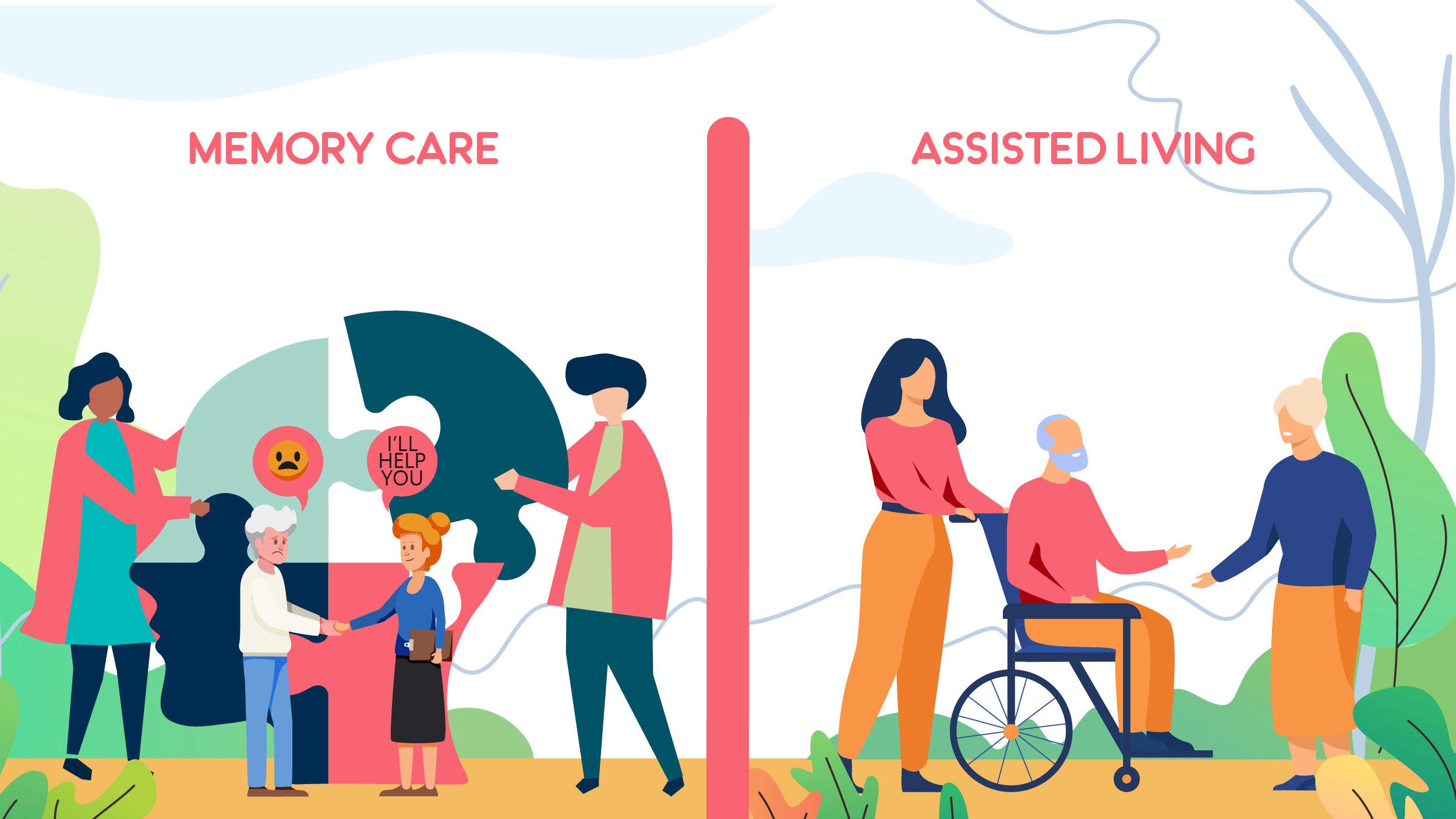Professional Tips for Offering High quality Alzheimer's Treatment at Home
Caring for a specific with Alzheimer's disease at home presents distinct challenges that call for both understanding and tactical planning. As we explore these expert tips further, it becomes clear that a thoughtful technique can considerably affect the high quality of life for both the caretaker and the specific obtaining care.
Understand Alzheimer's Illness
Alzheimer's disease, a progressive neurodegenerative condition, profoundly impacts cognitive function and day-to-day living tasks. It mostly impacts memory, thinking, and behavior, causing a gradual decrease in the capabilities necessary for independent living. Early signs often consist of forgetfulness, trouble in analytical, and difficulties in finishing familiar jobs. As the condition proceeds, individuals might experience disorientation to time and place, damaged judgment, and adjustments in mood and individuality.
The etiology of Alzheimer's is intricate, involving the buildup of amyloid plaques and tau tangles in the brain, which disrupt neuronal communication and bring about cell fatality. Threat elements include age, genetics, and lifestyle options, with most of instances taking place in people over 65. Recognition of these elements is crucial for caregivers, as understanding the condition can help with much better support and care approaches.
In addition, Alzheimer's disease not just influences the specific however likewise has considerable emotional and logistical implications for households. Acknowledging the stages of the condition permits caretakers to prepare for difficulties and adapt their approach, guaranteeing that the needs of those affected are consulted with concern and understanding. This fundamental understanding is important for promoting quality care at home.
Develop a Routine
Producing a structured everyday routine can substantially boost the top quality of life for individuals coping with Alzheimer's illness. Establishing regular patterns assists to lower confusion and anxiety, supplying a complacency and familiarity. A day-to-day routine should include regular times for dishes, tasks, and rest, which can aid individuals expect what to expect throughout the day.
Integrating simple, acquainted tasks into the regimen can advertise a feeling of achievement and independence. Activities like horticulture, food preparation, and even straightforward home tasks can be valuable. It is vital to tailor these tasks to the person's rate of interests and capacities, guaranteeing involvement without stress.
Furthermore, versatility within the regimen is essential. While consistency is essential, permitting modifications based upon the individual's mood or energy levels can help preserve a favorable environment. Motivate involvement in social interactions, whether with household sees or area activities, as these can give excitement and connection.
Enhance Communication Skills
Efficient communication is vital for preserving significant links with people dealing with Alzheimer's disease. As cognitive abilities decline, conventional conversation may become challenging. Caregivers should adapt their communication approaches to cultivate understanding and connection. Alzheimers Care Charlotte.

Energetic listening is essential. Show genuine passion by keeping eye call and responding to acknowledge their sensations or ideas. Prevent suggesting or correcting, as this may cause aggravation. Rather, validate their emotions and redirect the conversation gently if required.
Utilizing aesthetic help, such as images or created suggestions, can likewise boost understanding. Motivate involvement in activities that stimulate conversation, such as reminiscing about past occasions or browsing picture albums.
Create a Safe Setting
A supportive environment plays a significant duty in the well-being directory of individuals with Alzheimer's condition. Developing a risk-free home setup is important to reduce risks and boost the top quality of life for both the specific and their caretakers. Begin by examining the living space for potential risks. Eliminate tripping threats such as this website loose rugs, electrical cords, and mess. Guarantee that pathways are well-lit and clear to avoid drops.
Mount safety and security locks on doors and home windows to avoid roaming, which is an usual concern in Alzheimer's people. Furthermore, take into consideration using non-slip floor coverings in restrooms and install grab bars for included assistance. Classifying spaces and vital products can help people navigate their environments more quickly.
Emergency situation contacts ought to be clearly uploaded near phones, and a medical sharp system can give tranquility of mind. Overall, tailoring the home setting to the distinct needs of the specific with Alzheimer's not only advertises safety yet also motivates freedom and convenience.
Seek Assistance and Resources
Accessing support and sources is critical for caretakers and people facing the obstacles of Alzheimer's disease. Caregiving can be overwhelming, both physically and emotionally, and it is vital for caretakers to seek support to maintain their well-being and give quality care.

Furthermore, discovering reprieve care options can afford caregivers much-needed breaks, enabling them to reenergize and minimize burnout. This may consist of grown-up day programs or at home care services. Economic aid programs might additionally be readily available to assist counter the costs of treatment.

Verdict
In recap, giving quality Alzheimer's care in the house demands a multifaceted strategy. Comprehending the intricacies of the condition, developing an organized routine, enhancing communication skills, producing a risk-free setting, and looking for assistance from available resources jointly add to improved caregiving experiences. Executing these methods not just fosters a sense of self-reliance and accomplishment for people with Alzheimer's yet likewise eases caretaker stress and anxiety, ultimately improving the top quality of life for both caretakers and those they sustain.
Caring for a specific with Alzheimer's condition at home presents special difficulties that call for both understanding and tactical planning.Additionally, Alzheimer's condition not just impacts the private however also has considerable psychological and logistical effects for households.Developing an organized day-to-day regimen can substantially boost the top quality of life for people living with Alzheimer's illness.Effective communication is vital for keeping significant connections with people living with Alzheimer's illness. Alzheimers Care Charlotte. Carrying out these methods not only fosters a sense of independence and achievement for people with Alzheimer's however also minimizes caretaker stress, ultimately enhancing the top quality of life for both caretakers and those they support